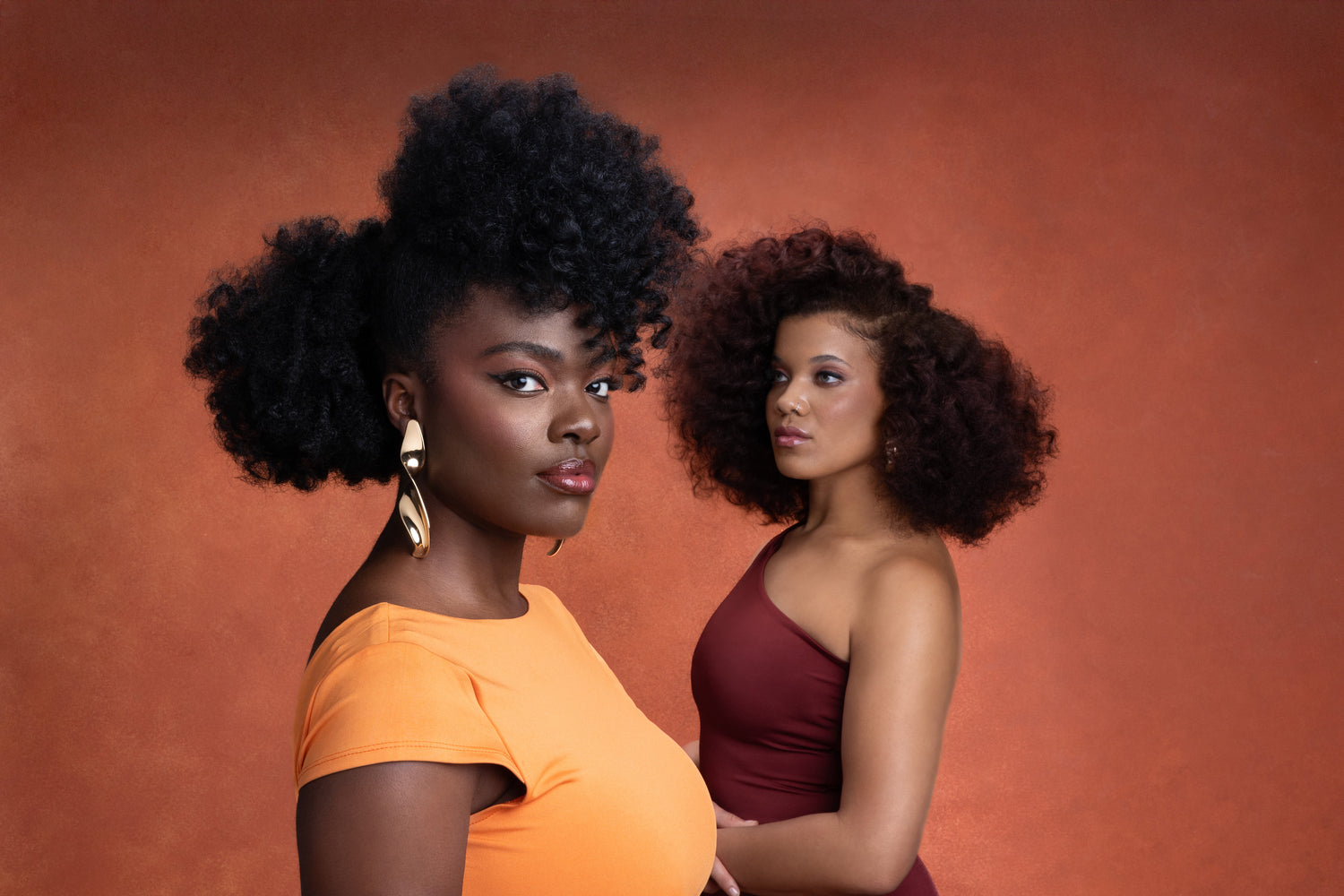In a previous post, we discussed all the ways that natural ingredients gained popularity in the natural hair community. We touched on how common, well-meaning homemade recipes were not as effective as good quality hair products. However, not every ingredient is useless, you can research, mix and experiment with different oils you can find commercially.
In this blog, we'll explain the ingredients that DO, in fact, work. This is a great way if you are short on money or want to try out the benefits nature can provide for you in the comfort of your own kitchen. After all, this is how Joycelyn and Rachael started their tribe!
Why These Homemade Treatments Work
The following homemade treatments are realistic and promising, without under or over-promising results. In the cosmetic industry, fancy and exaggerated words are used because they draw your attention in. If they are backed up by misleading information, without you knowing that, then you are more likely to cave in to the claims and purchase sub-par products. Hair treatments that deliver should be able to withstand the stresses of a typical user's daily routine and maintain efficacy in a variety of environments without damaging the hair’s fibres.
This is why we advocate for formulations that use simple molecules and natural raw materials but that provide long-lasting benefits, and avoid build-up of waxy, oily or scaly residue on the hair and scalp.
When the following ingredients used on your Afro, they can be more cost and time-effective than purchasing a 1000 products that are to sure underdeliver.
Homemade Remedies That Do Work

Natural ingredients from butters to oils are derived from different parts of plants like the seed, pulp, leaf and husk. These can provide your Afro hair with great benefits.
Coconut oil is one of our favourite ingredients. There’s a good reason behind that. Coconut oil is high in lauric saturated fatty acids which enables it to penetrate the hair shaft and provide moisture. It also contains anti-inflammatory and anti-microbial properties that can combat the symptoms of dandruff and itchy scalp. However, applying too much coconut oil can have the opposite results as it can lead to severe hair dryness.
Olive oil is a well-known treatment that has been used for centuries. Its main properties are oleic acid, palmitic acid, and squalene which are all emollients, which means they have softening qualities. Olive oil could impart softness and strengthen hair by penetrating the hair shaft and preserving moisture. It does, however, tend to weigh down thinner hair.
The chemical structure of natural oils and butters makes them simply too big to penetrate the hair shaft. They work by forming an occlusive layer on top your hair cuticle to help keep the moisture in and keep your hair feeling soft while looking shiny and defined.
Butters differ from natural oil in saturation levels. For instance, avocado oil has a high content of long unsaturated (double bonded) fatty acids whereas shea butter has long saturated fatty acids. This difference is crucial as it will change the way these materials look and feel.
Natural, unformulated ingredients can tame your hair’s frizz and promote healthy hair growth but its main benefits are best shown when the materials are absorbed through consumption rather than when topically applied on the hair.
More Articles
Afro Hair Products and Silicones: Why to Avoid Them

